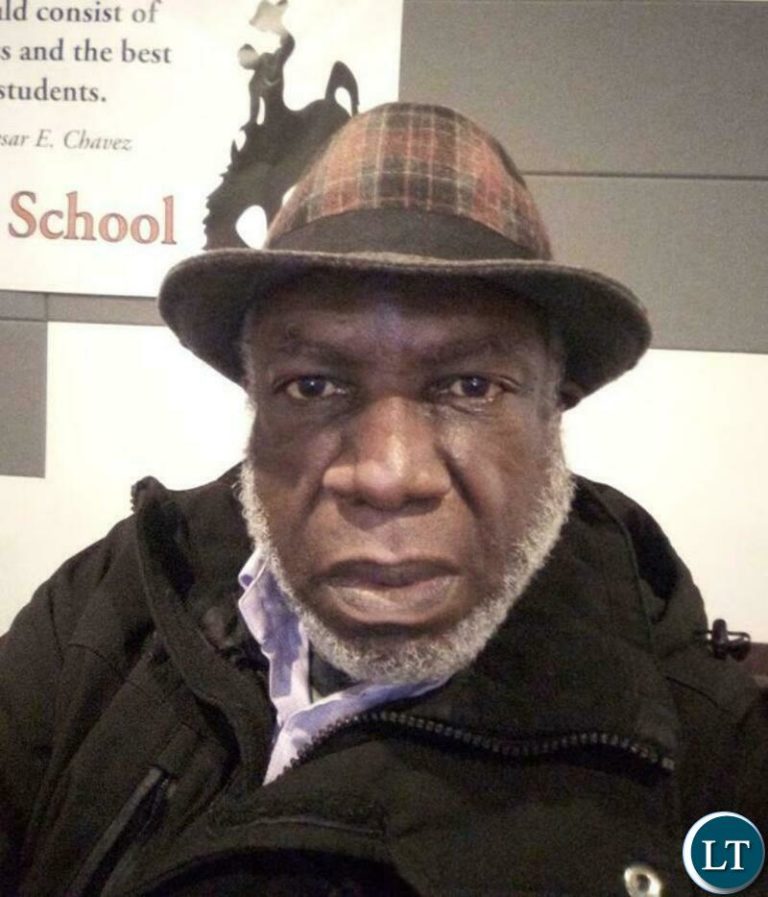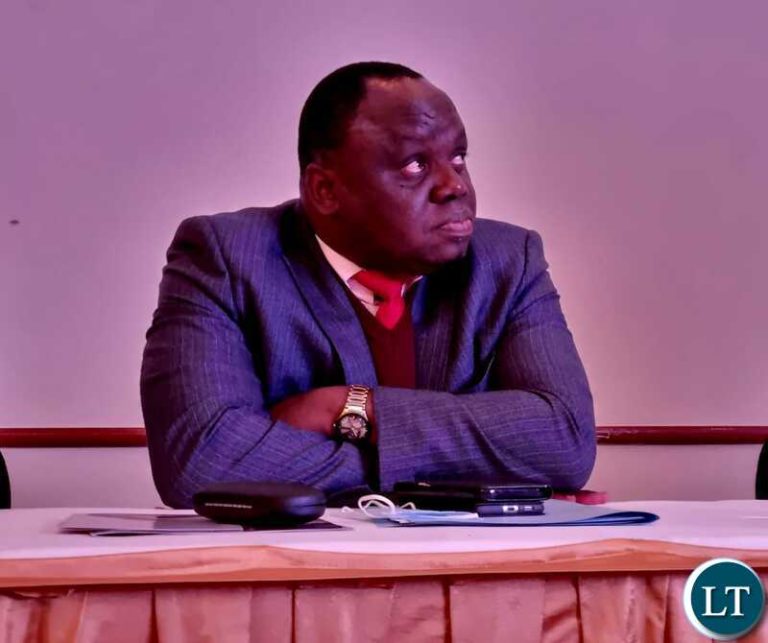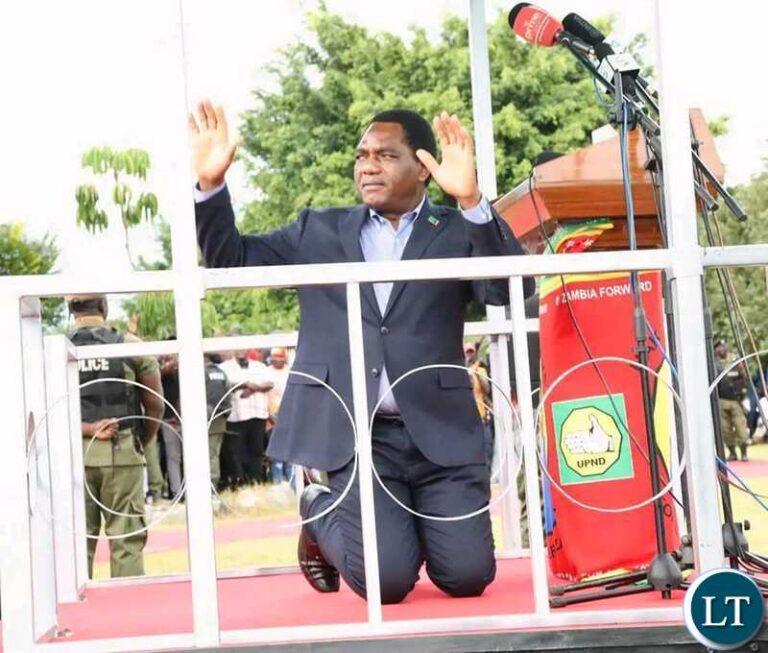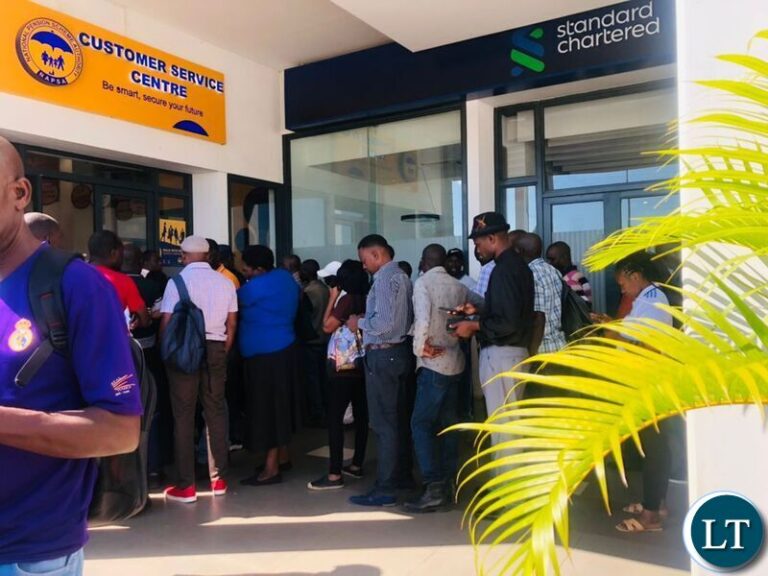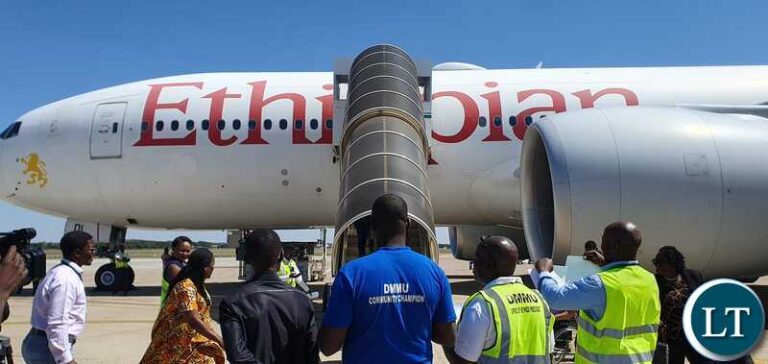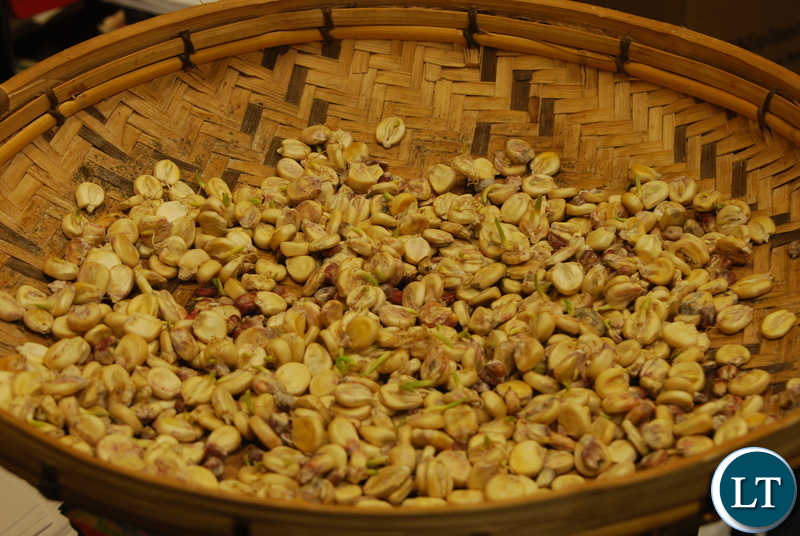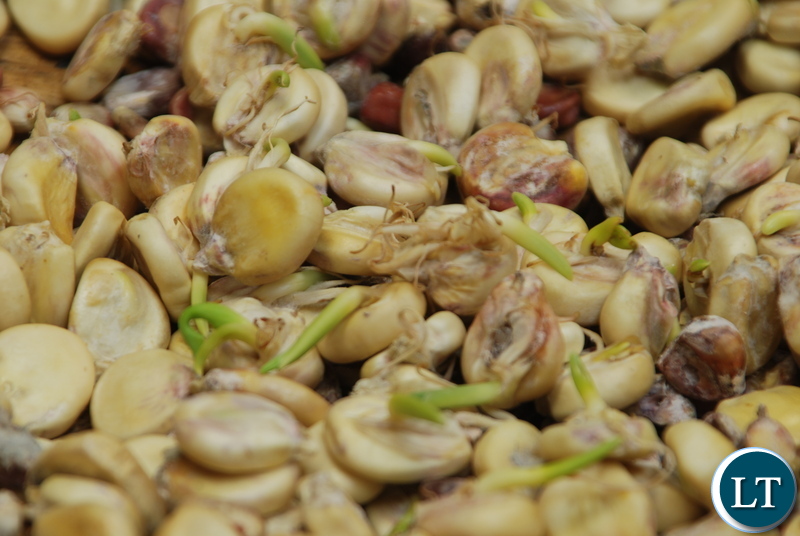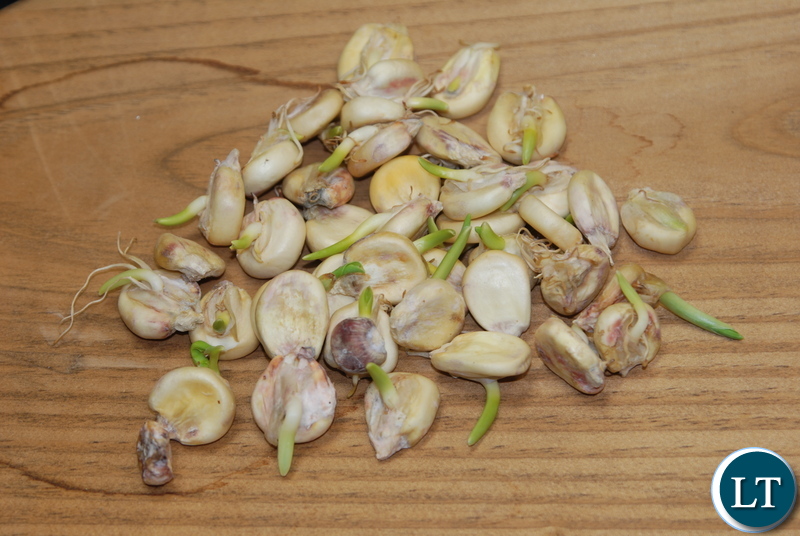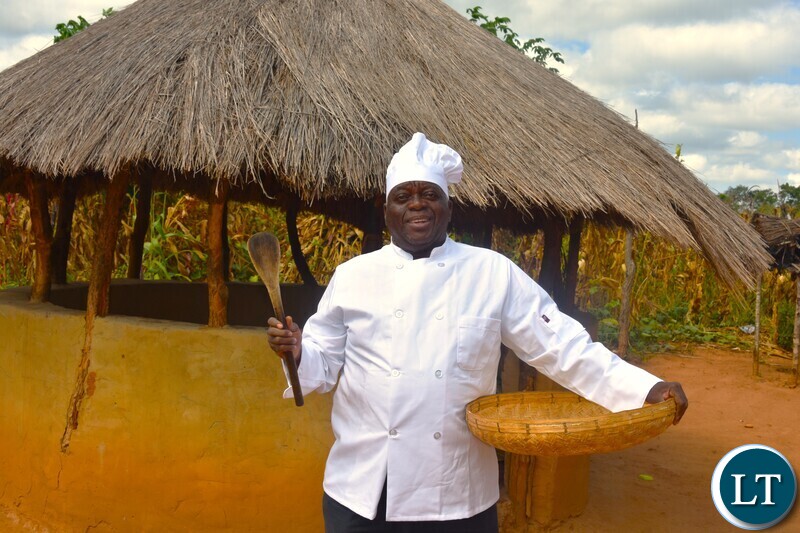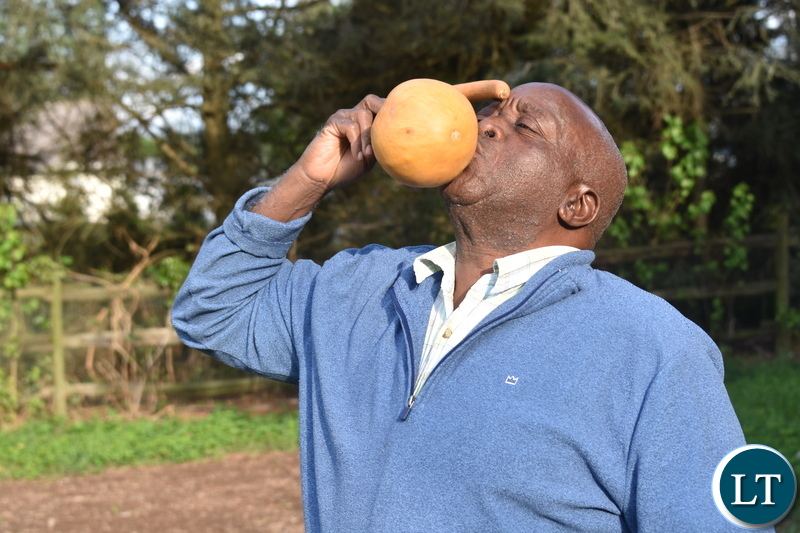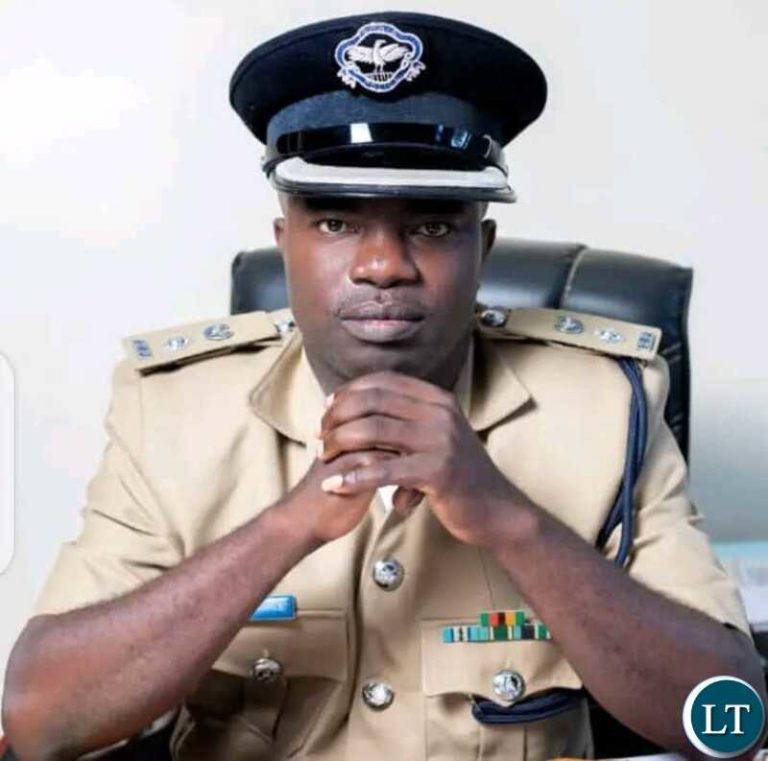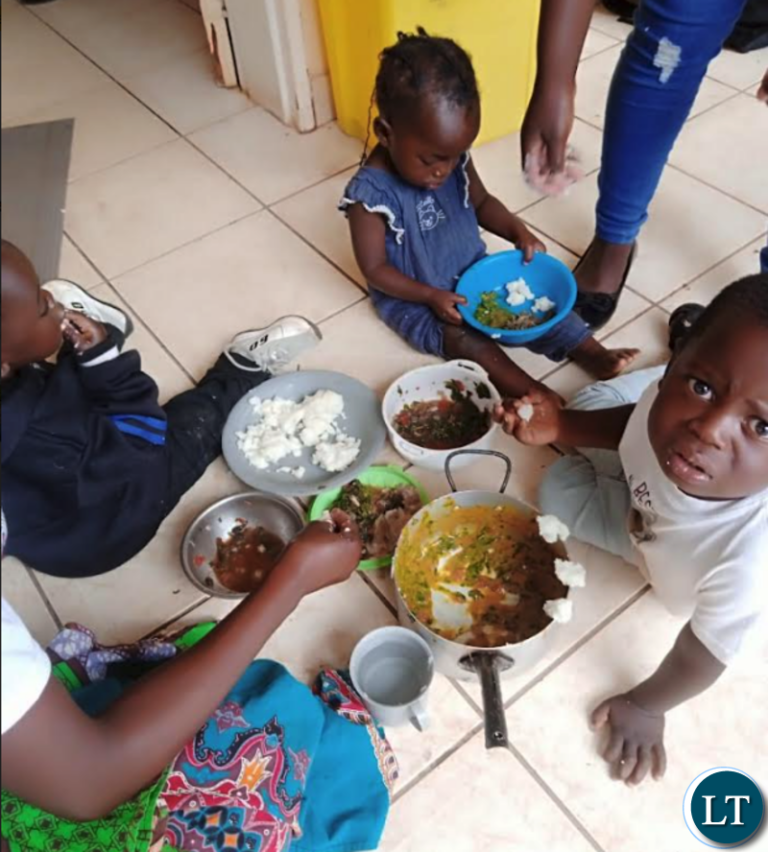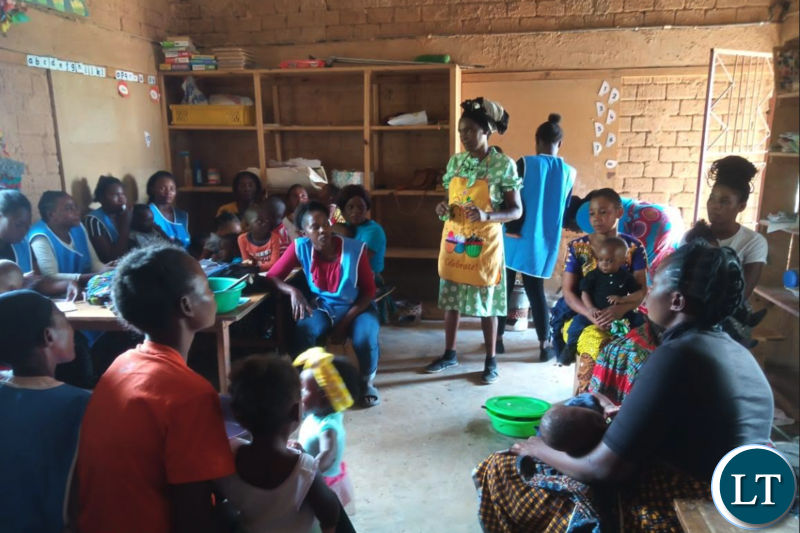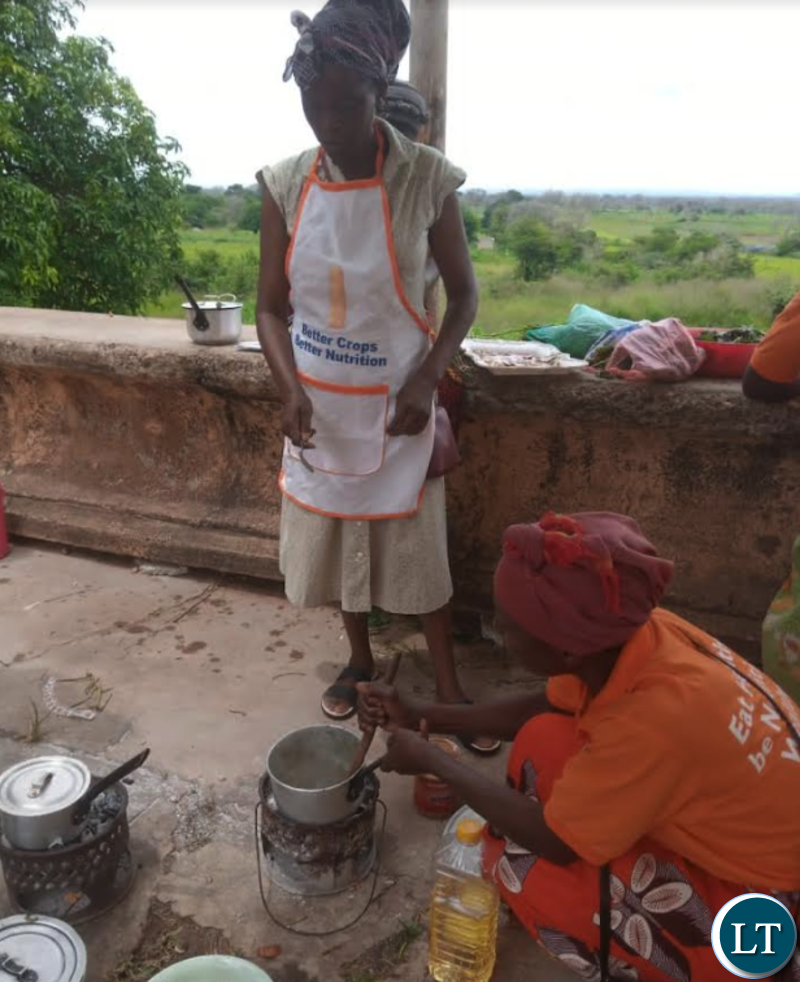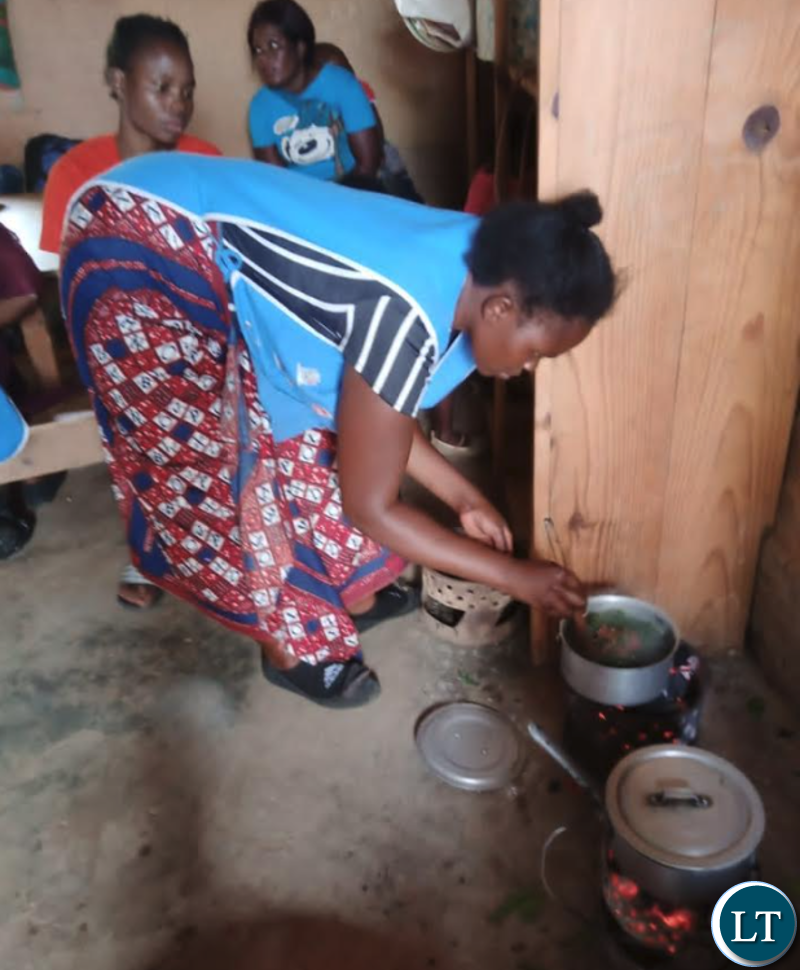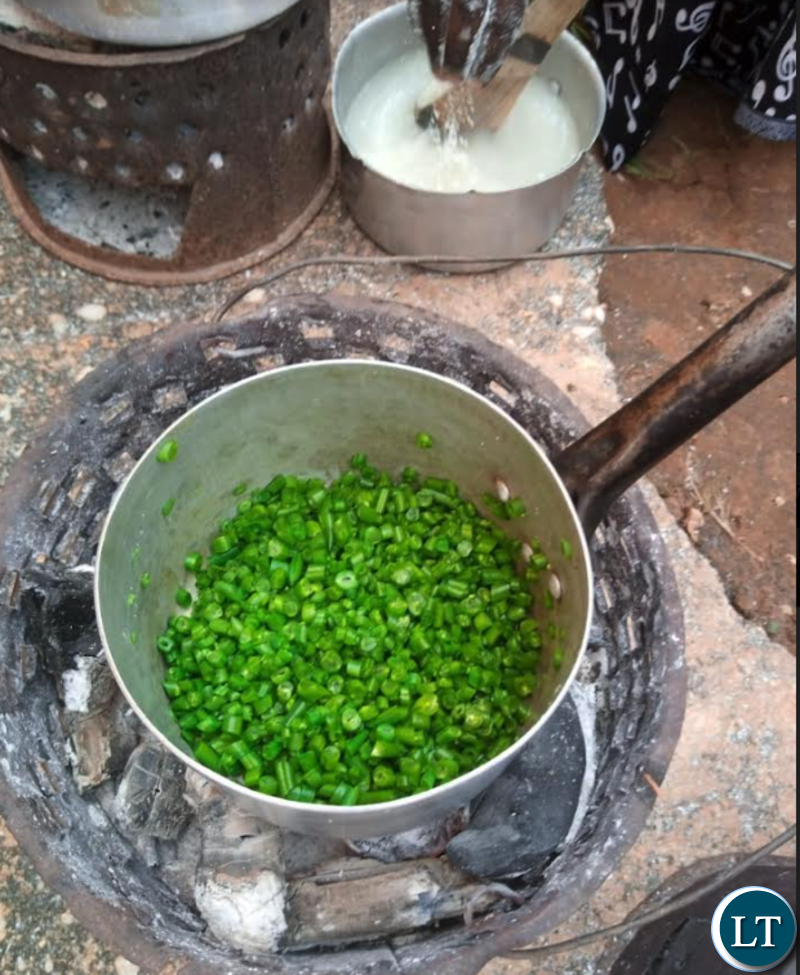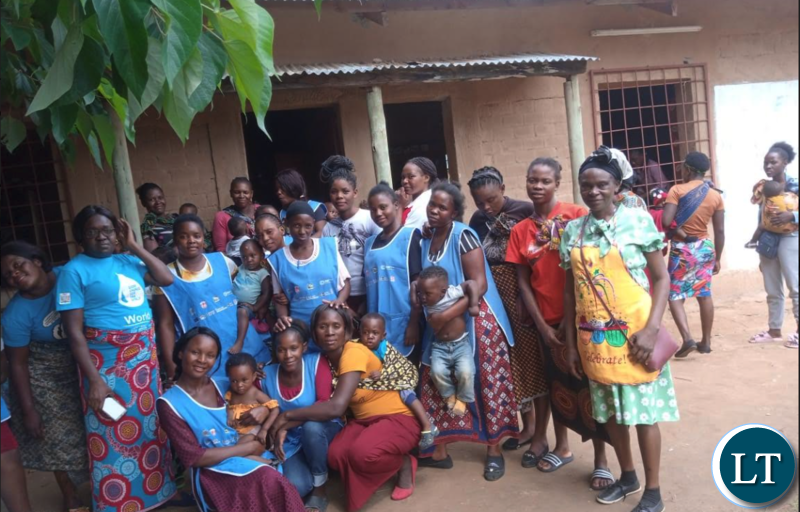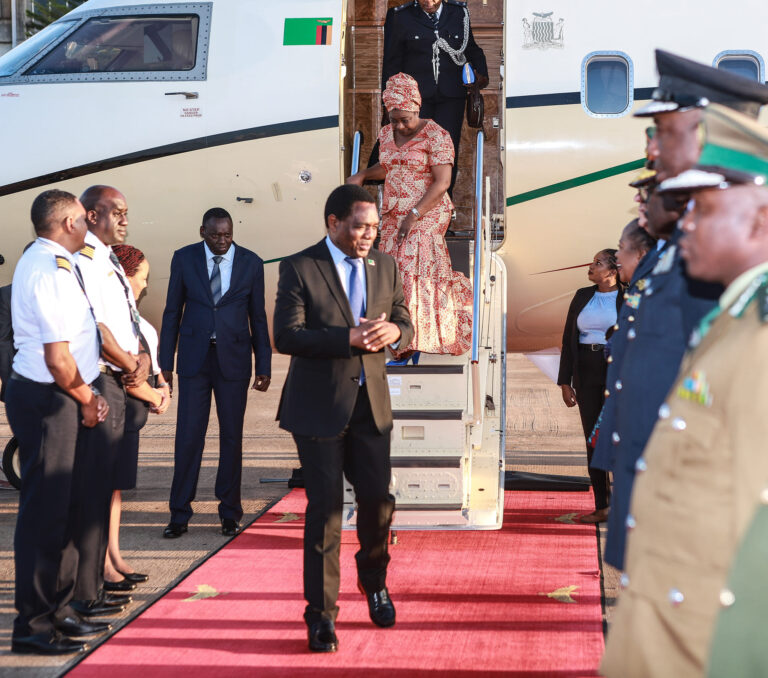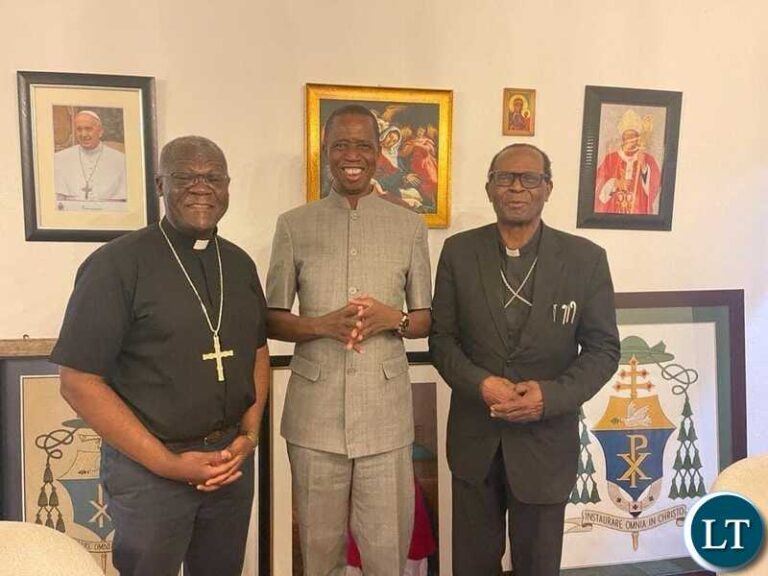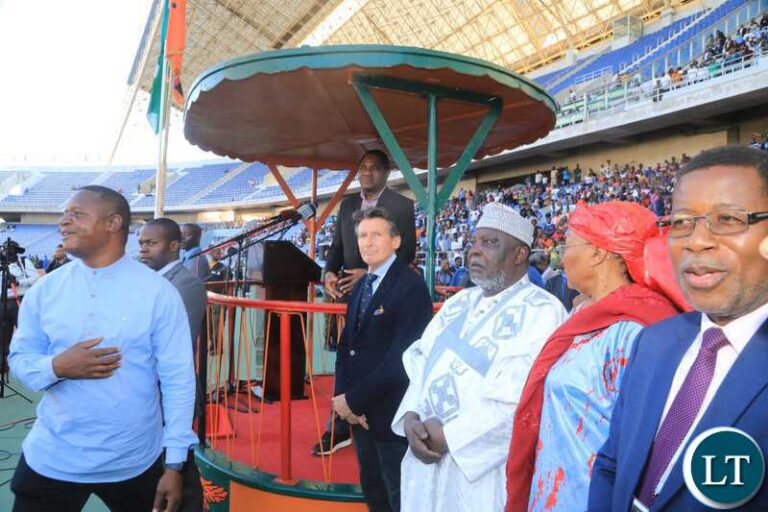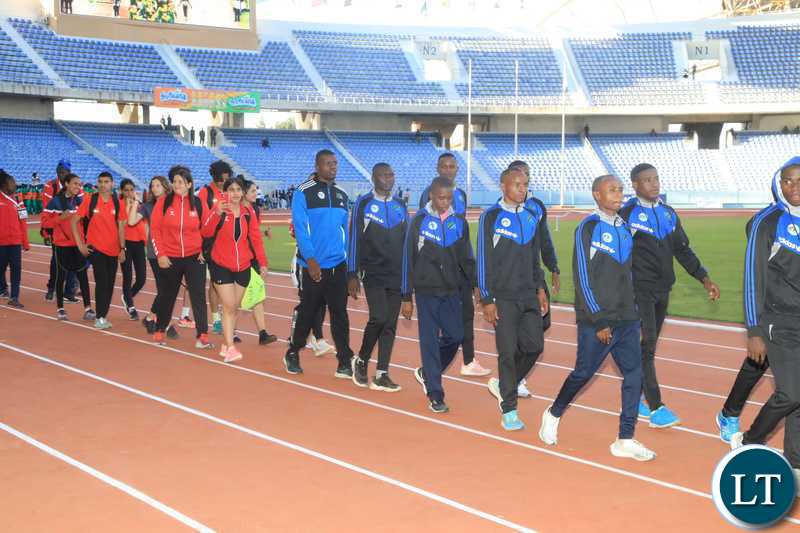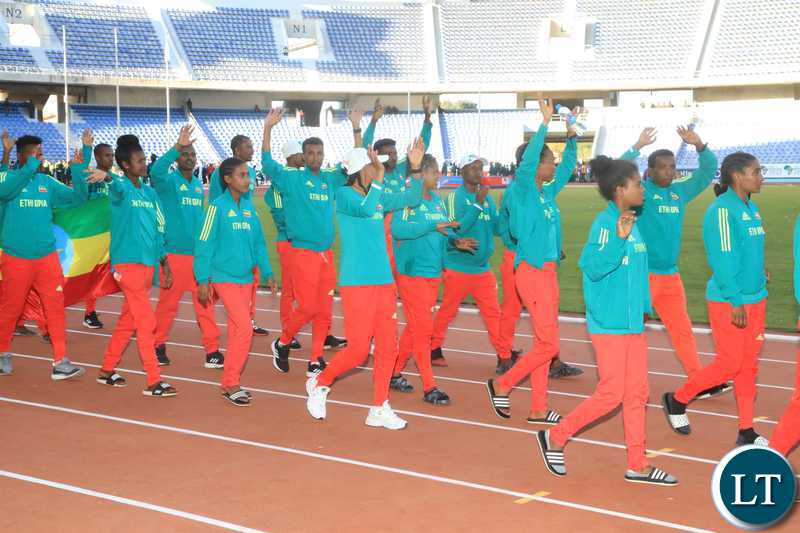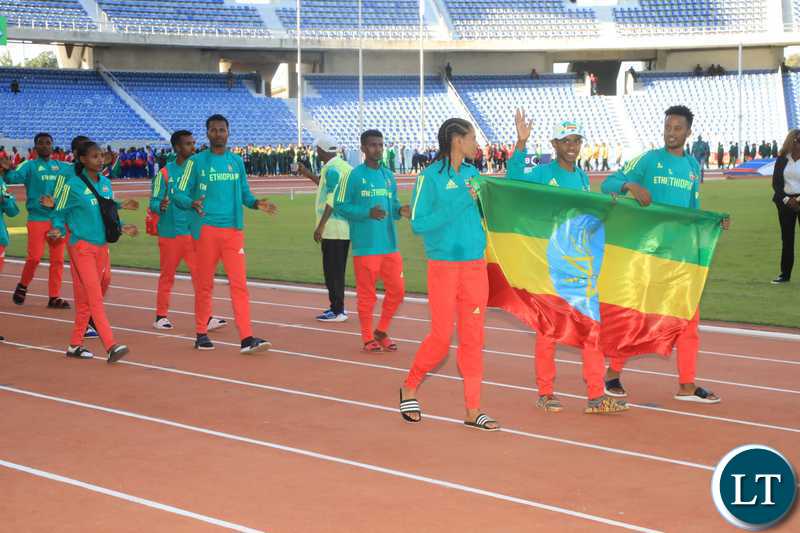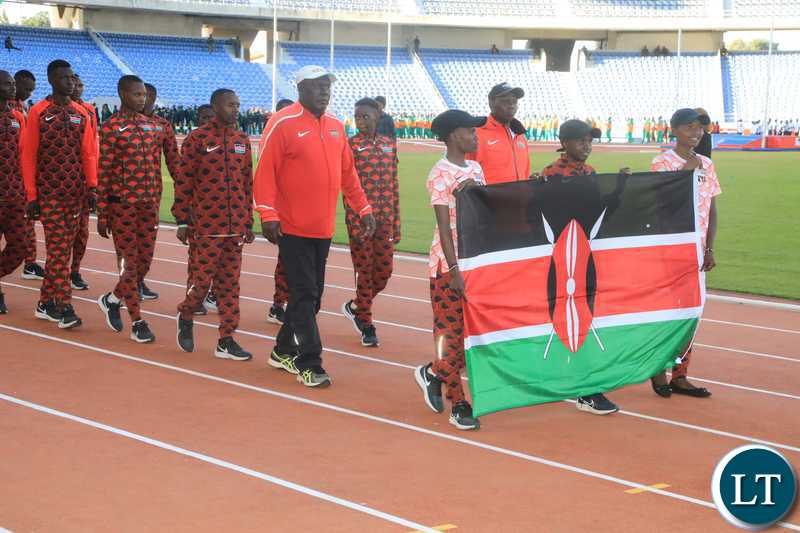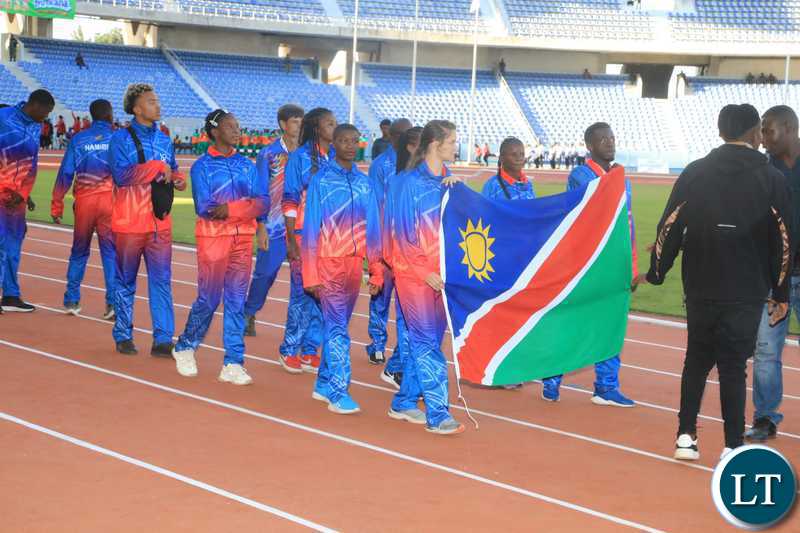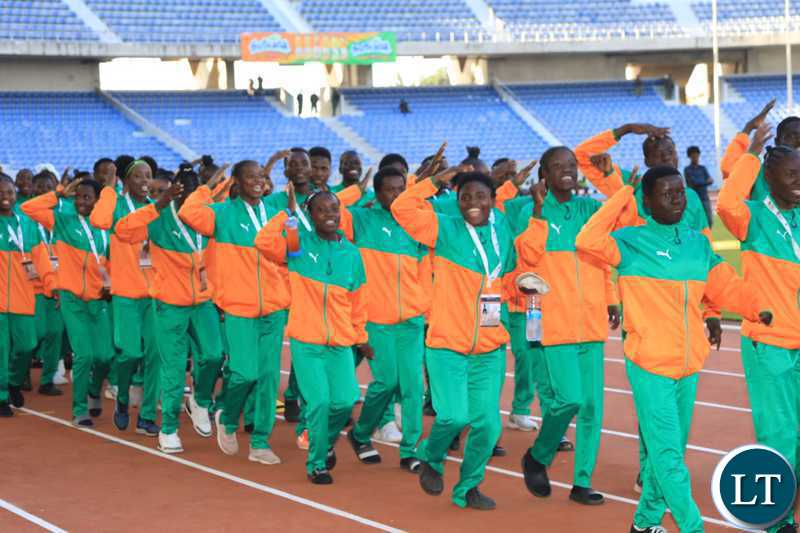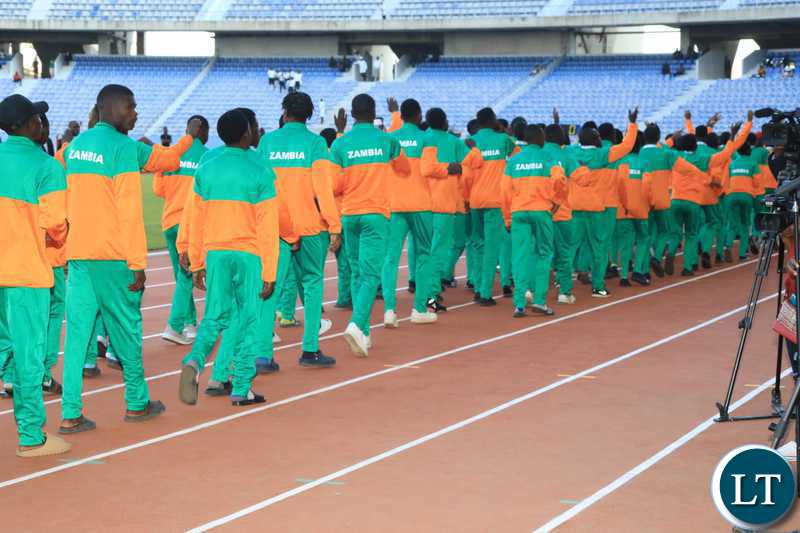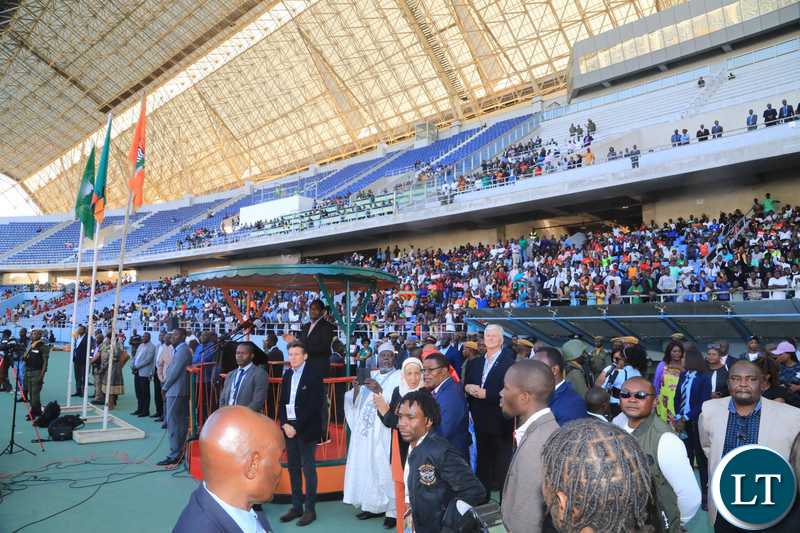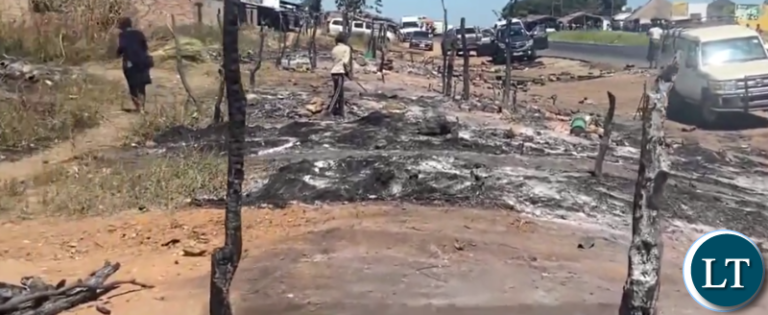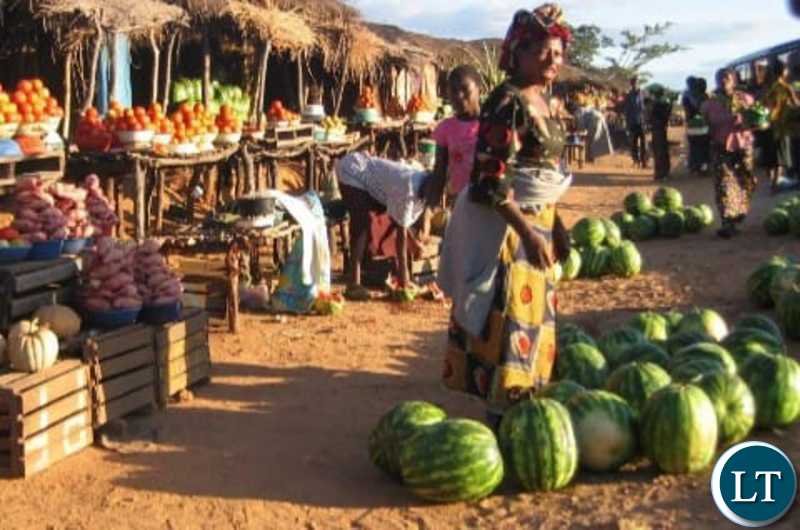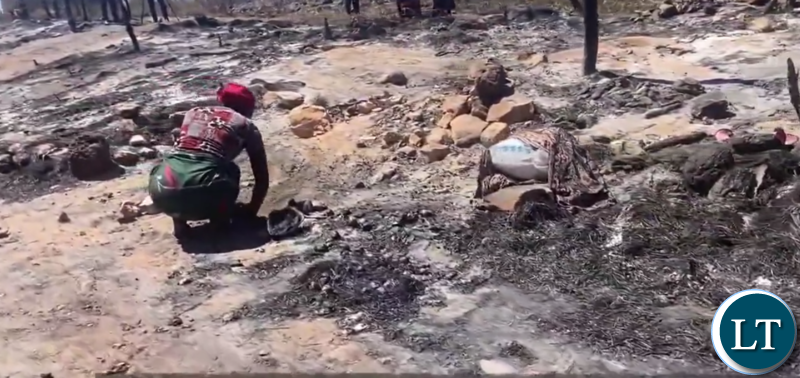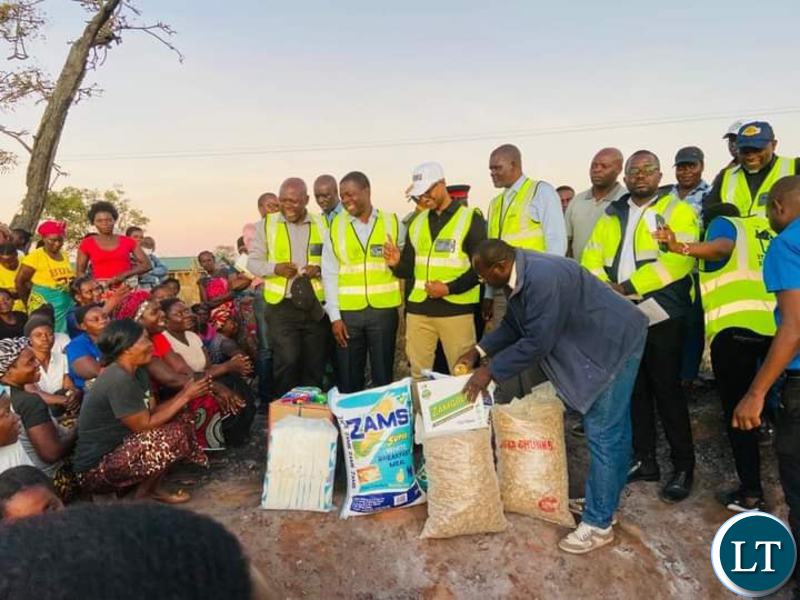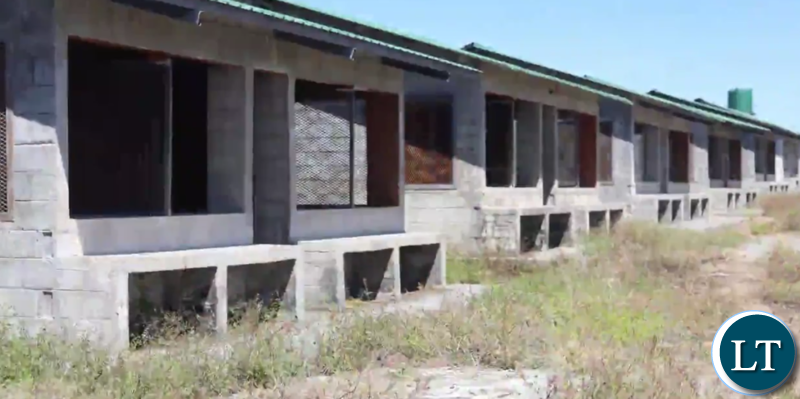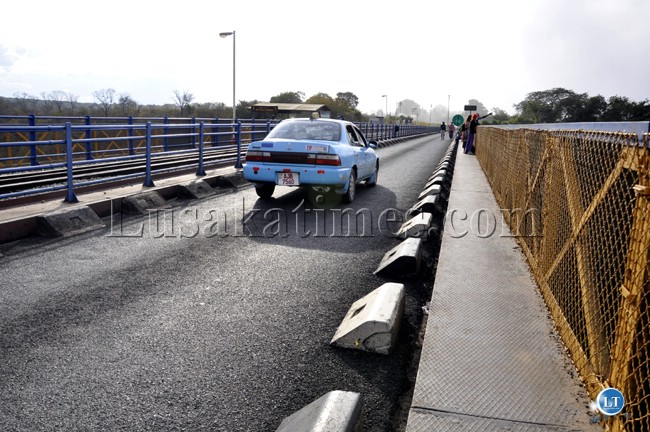By Henry Kyambalesa
Meaningful socioeconomic development cannot be attained in any given country where the labour force is composed of starving, sickly and illiterate citizens.
In this article, I wish to suggest viable ways and means by which the Zambian government—and any other national government as a matter of fact—can boost agricultural production as well as enhance the country’s food security. I am prompted to share my views on this subject by the current incidence of smuggling and shortages of mealie-meal.
According to the resolutions of the World Food Summit held in Italy in November 1996, “food security” exists when all people, at all times, have physical and economic access to sufficient, safe and nutritious food to meet their dietary needs and food preferences for an active and healthy life.”
Such is the situation Zambia should strive to attain by taking the following measures—measures that will make it possible for the country to attain greater food security and lower prices of food rather than have politicians dictate the prices of mealie-meal and other kinds of foodstuff:
1. Address the following factors identified by the COMESA Secretary General in 2000 as having contributed to the low levels of agricultural production in Zambia: (a) non-availability of financial capital, and the high cost of agricultural credit; (b) inadequate transportation and storage infrastructure, and the high cost of transport; (c) the under-provision and high cost of agricultural inputs; (d) an inefficient agricultural marketing system; (e) inadequate skills in agricultural production and marketing; (f) inconsistent and unrealistic agricultural policies; and (g) inadequate investment in agricultural development by the national government.
2. Revive and revitalize the Zambia National Service (ZNS) production camps, which should accept enrolment by Zambian citizens on a voluntary basis, as well as promote and bolster agricultural production in the camps through greater financial support and generous conditions of service for ZNS personnel.
3. Require all provinces to create revenue-generating Provincial Agricultural Estates, and to use a portion of the output of the schemes to maintain their own local food reserves, and also require all district councils, educational and training institutions, police camps, military barracks, garrisons, and prisons to initiate and maintain agricultural production units.
4. Encourage resettlement schemes to produce more food by providing for irrigation dams and canals at all such schemes, and provide for attractive agricultural incentives to boost both small-scale and large-scale farmers.
5. Create and maintain irrigation schemes at taxpayer expense, including the damming of rivers and construction of irrigation canals nationwide. There is a pressing need for the government to promote all-season crop production—January through December. In this regard, one would appreciate the pledge made by donor countries to bolster the viability of the envisaged National Irrigation Plan (NIP), which the government should earnestly embrace.
6. Create feeder roads and maintain old ones nationwide, improve training conducted in agricultural research centres, provide for low-interest loans for erecting secure storage facilities, and extend incentives to agribusinesses and canners and processors of agricultural produce.
7. Create—in collaboration with the Zambia National Farmers Union (ZNFU), the Millers Association of Zambia (MAZ), the Zambia Cooperative Federation (ZCF), and other relevant stakeholders—a marketing system for all kinds of agricultural produce designed to provide for the following: direct sourcing of such produce from farmers by millers, retailers and other industrial buyers; and procurement of unsold produce by the Food Reserve Agency at wholesale prices for preservation and/or distribution to government institutions like boarding schools, colleges and hospitals.
8. Promote efficiency in processing, sourcing, and distribution of agricultural inputs by providing for informal trade in agricultural inputs among farmers, and the creation of a “Farmers’ Holding Company” by farmers (through a low-interest loan, if needed), to supply low-cost inputs nationwide at zero sales tax—including seeds, seedlings, fertilizers, pesticides, insecticides, stock feeds, and grain bags. The cooperating farmers will assume ownership of the company as founding shareholders, and the company will preferably be registered and operated as a corporate entity.
9. Ensure that the various kinds of imports that are currently ex-empted from customs duty will continue to enjoy the duty-free status—including fertilizer, irrigation equipment, irrigation pumps, tractors, machinery for soil preparation and cultivation, harvesting and threshing machinery, poultry machinery, fungicides, and herbicides. And
10. Governmental support of all kinds of agricultural pursuits and endeavours, including poultry, dairy farming, cattle ranching, fish-farming, horticulture, and crop husbandry.


